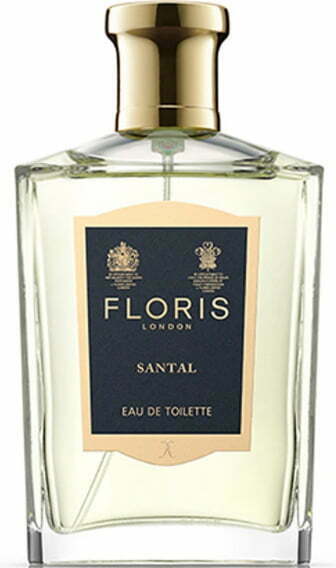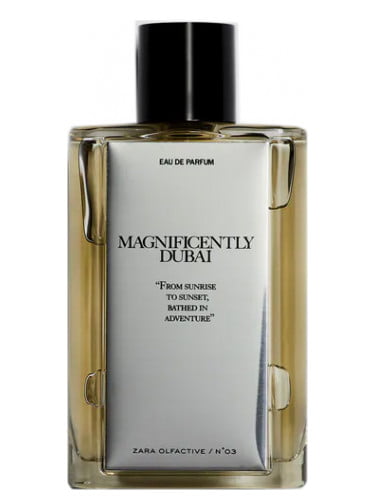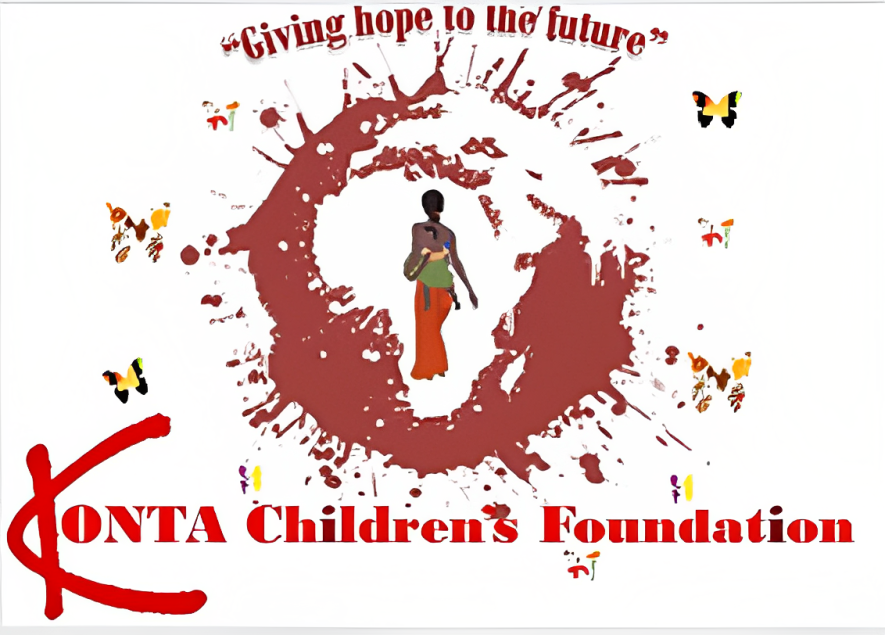ALI SETHI

Ali Aziz Sethi (born July 2, 1984) is a Pakistani singer, songwriter, composer, and author. Born to journalists and politicians Najam Sethi and Jugnu Mohsin, Sethi rose to prominence with his debut novel, The Wish Maker (2009). Although Sethi received some musical training as a child, he did not begin to formally train in Hindustani classical music until after graduating from college. He trained under the tutelage of Ustad Naseeruddin Saami (widely considered a master of both the qawwali and khyal forms of singing) as well as under noted ghazal and classical singer Farida Khanum.
In 2012, Sethi began focusing on his musical career and made his film debut as a singer in Mira Nair’s 2012 film, The Reluctant Fundamentalist, with the song “Dil Jalane Ki Baat Karte Ho.” He followed this up with numerous independent covers of popular ghazals as well as traditional Punjabi folk songs. In 2015, Sethi made his debut on Coke Studio Pakistan with the well-known Punjabi folk song “Umraan Langiyaan” for which he received significant praise, quickly establishing himself as a millennial practitioner of traditional folk and classical music. Sethi has since appeared on several seasons of Coke Studio where he has performed covers as well as original music. His most recent single for Coke Studio – “Pasoori” (2022) – became the first Pakistani song to feature on Spotify’s “Viral 50 – Global” chart, eventually climbing to the top of the chart in May 2022. With over 600 million views on YouTube as of August 8, 2023, “Pasoori” is currently the most watched Coke Studio music video of all time and the first Coke Studio song to reach this milestone.
Sethi is particularly associated with the ghazal format of singing and is often hailed for attempting to revive the ancient art form by experimenting with it and repositioning it as a young person’s genre. He collaborates frequently with Grammy-winning music producer Noah Georgeson and has performed at Carnegie Hall, Harvard University, Brown University, and the Royal Geographical Society among others. Sethi is noted for his ability to blend Hindustani classical ragas with contemporary Western arrangements and for his flair for lending new-age contours to older melodies. In his live performances, he often combines his songs with historical and cultural context, critical commentary, and etymological roots of Urdu words.
In September 2022, Sethi was included in Time magazine’s Time 100 Next list and was recognized for his ability to use ancient classical ragas “to challenge and expand notions of gender, sexuality, and belonging.” According to data released by Spotify in 2022 and 2023, Sethi is among the most streamed Pakistani artists in the world.
Ali Sethi was born on July 2, 1984, in Lahore, Pakistan to award-winning journalists and publishers Najam Sethi and Jugnu Mohsin, both of whom are also politicians. Sethi is the brother of actor and author Mira Sethi and nephew to British-Pakistani writer Moni Mohsin. In May 1999, police broke into his family home and arrested his father, Najam Sethi for allegedly making a “treasonous speech” in New Delhi, India. Sethi, then 15 years old, campaigned with his mother for his father’s release. Najam Sethi was later acquitted by the Supreme Court of Pakistan and awarded Amnesty International’s Journalist of the Year Award.
Sethi attended the International School of Choueifat and Aitchison College in Lahore, Pakistan and describes himself as an above average student, particularly interested in art, drawing, music, and poetry. Sethi attended Harvard College from 2002 to 2006, initially planning to major in economics. After taking a class on Islamic culture in contemporary societies with Ali S. Asani, Sethi became interested in the intersections of theology, politics, linguistics, and culture and eventually changed his major to South Asian Studies. While at Harvard, Sethi took creative writing classes with Zadie Smith and Amitav Ghosh, in addition to classes on colonial and post-colonial art[40] and Sanskrit, Bengali, and Tamil poetry. He also performed every year for Ghungroo, Harvard’s largest student-run production focusing on the South Asian diaspora, in addition to serving on the features board of The Harvard Advocate. Sethi wrote his undergraduate thesis on Anarkali, wanting to explore the “articulation of Muslim identity around women.”
“The Wish Maker, in Ali Sethi’s mature and sure-handed prose, is an engaging family saga, an absorbing coming-of-age story, and an illuminating look at one of the world’s most turbulent regions. Ali Sethi steadfastly resists the usual cliché’s about both Islam and his native country. Instead, he offers a nuanced, often humorous, and always novel look at life in modern day Pakistan.”
In 2009, Sethi published his debut novel The Wish Maker which revolved around Pakistani identity and “the political history of Pakistan with three generations of characters who live in a middle-class, liberal enclave of Lahore.” Sethi recalls writing the first draft of the novel in 2006 during his senior year at Harvard, a second draft while living in New York City, and the final draft in Lahore, Pakistan. He has mentioned that his goal with the novel was “to document and archive a phase in Pakistan’s history that had been extremely turbulent and had had far-reaching consequences.”
The novel was published by Riverhead Hardcover and later Penguin Books and was met with widespread critical acclaim and recognition. It was ranked eighth at Vogue Top Ten Summer Books. The Wish Maker has been translated into Italian, Dutch, German, Hindi, Chinese, and Turkish. In its review of the novel, The New York Times called it “a first-rate novel”, stating that “Sethi’s prose evokes the comic mislocutions of Jonathan Safran Foer and the vertiginous mania of Zadie Smith.” The Wall Street Journal stated, “Mr. Sethi is especially alive to the emotional contours of young love, its modes of courtship, its methods of subterfuge…Mr. Sethi’s prose, always lucid, often soars to illuminate the quotidian.” The Guardian praised Sethi’s “sharp handling” of material and “memorably drawn” characters. The Wish Maker was long-listed for the 2011 DSC Prize for South Asian Literature, ultimately losing to H. M. Naqvi’s, Home Boy. It was also shortlisted for 2010 Shakti Bhatt First Book Award.
Sethi has written essays and articles for The New York Times, The New Yorker, The Guardian, The New York Review of Books, and The Caravan. In his writings, Sethi advocates for an inclusive and syncretic Pakistan that accommodates the rights of marginal groups. He has received praise for his profiles of the writer Saadat Hasan Manto and the ghazal singer Farida Khanum. On two occasions, the Pakistani newspaper The Express Tribune censored his articles, deeming them too sensitive to be published in Pakistan.
Sethi lists Mirza Ghalib, Daagh Dehlvi, Faiz Ahmed Faiz, Leo Tolstoy, Virginia Woolf, V. S. Naipaul, Alan Hollinghurst, and Arundhati Roy as his favorite authors and literary influences.













